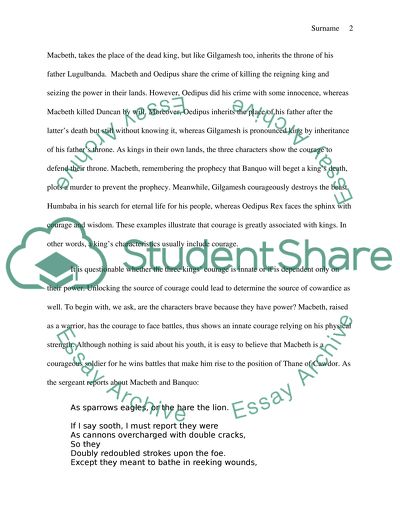Cite this document
(“Courage and Cowardice: Going Beyond Physical Measures Essay”, n.d.)
Retrieved from https://studentshare.org/english/1421927-courage-and-cowardice-going-beyond-physical-measures
Retrieved from https://studentshare.org/english/1421927-courage-and-cowardice-going-beyond-physical-measures
(Courage and Cowardice: Going Beyond Physical Measures Essay)
https://studentshare.org/english/1421927-courage-and-cowardice-going-beyond-physical-measures.
https://studentshare.org/english/1421927-courage-and-cowardice-going-beyond-physical-measures.
“Courage and Cowardice: Going Beyond Physical Measures Essay”, n.d. https://studentshare.org/english/1421927-courage-and-cowardice-going-beyond-physical-measures.


